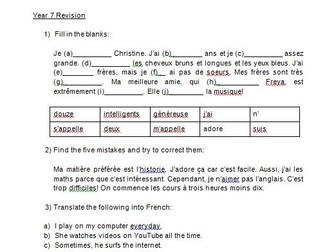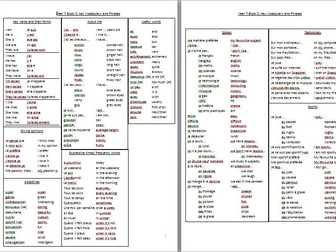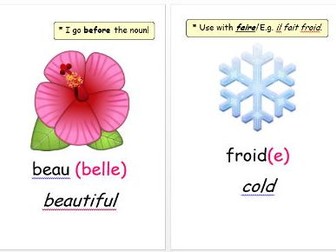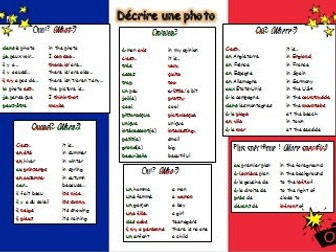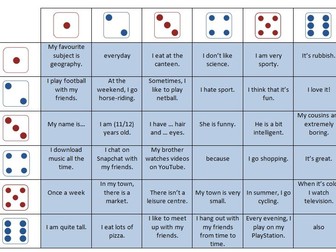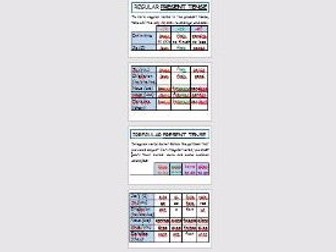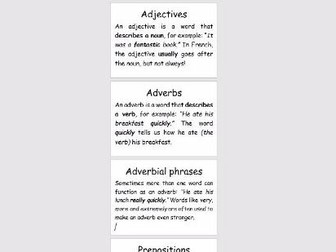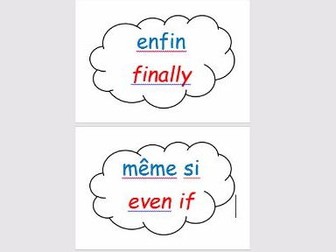
Love Island Themed End of Year French Lesson
I created this Love Island-themed lesson in order to engage my Year 9 classes, particularly those who aren’t taking French at GCSE. The aim of the activity is to find the most compatible couple on the island. Along the way, there are newcomers, “re-couplings” and public votes. The pupils must use the information presented to them to make the correct decisions. Points are awarded throughout, and at the end the pupils can have a vote to choose between two couples to be the winners (there are two different outcomes- just click on the names of the chosen winners to be directed on to the correct slide.) The pupil (or pupils, if you are playing in groups) with the most points at the end wins. I supply certain classes with dictionaries if they are slightly less able. Enjoy!
